Expanding our Knowledge and Fanning our Idealism
For children who have the desire to branch out, we don’t have a “museum” culture of a “library” culture. We’ve allowed such institutions of public knowledge to atrophy. That is our collective failure
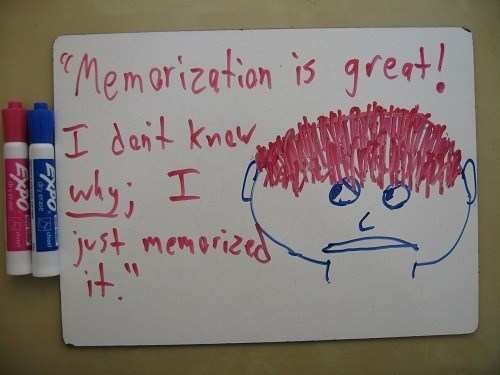
Most parents are alike insofar as they want to continue to open new vistas of knowledge for their children. Unfortunately this desire is too often honored only in the breach. Busy work-schedules, the rigors of life, and the short-term advantages of narrowness and focus (as against the long-term advantage of wide knowledge) prevent us from putting our best feet forward when it comes to an expansive education for our kids.

Take for instance the situation for middle-class children in India. With parents working hard – whether in an office, at home, or in the fields—there is little time to spend teaching kids new things. Abetting this is the narrow education system which emphasizes rote learning, makes knowledge acquisition “competitive,” and which neglects vast areas of knowledge, including those pieces that make a person a citizen, part of the human community.
As I travel in India, I’m quite amazed at the lack of knowledge of their own country reflected by our middle-class youth. Some are purposely narrow, but others simply have no institutional access to the stories of India’s 95 regions, 780 languages, and 1.3 billion people. Kids conversant to the hilt with Bollywood gossip, couture, food blogs, and cricket scores are virtually ignorant of their own country. And this too from people who consider themselves “desk bhakts” and “patriots.”
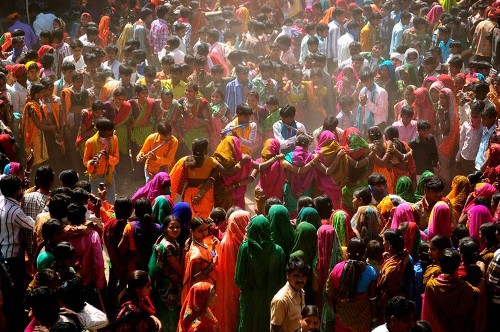
For children who have the desire to branch out, we don’t have a “museum” culture of a “library” culture. We’ve allowed such institutions of public knowledge to atrophy. That is our collective failure.
That is also why I am absolutely delighted to see the Peoples’ Archive of Rural India (www.ruralindiaonline.org) flourish. The vast reaches of this mind-blowingly amazing country are covered in what one journalist refers to as a “Smithsonian from down up.” It is an oral, visual, and textual archive of the crores of Indians we neglect in our narrow, urban lives.
I can think of few more important formations to stoke the desire for knowledge and to buoy the natural idealism of our young people.
Check it out and be amazed.
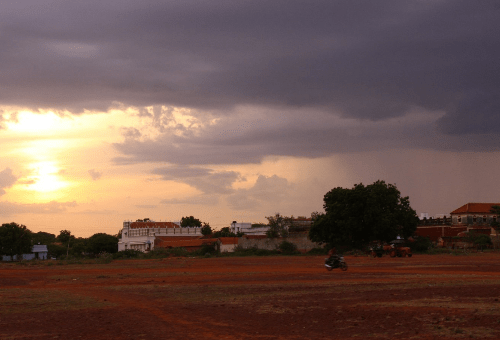
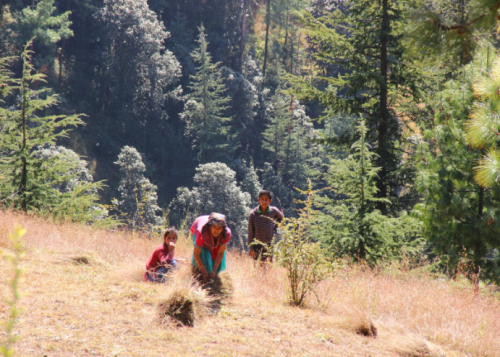
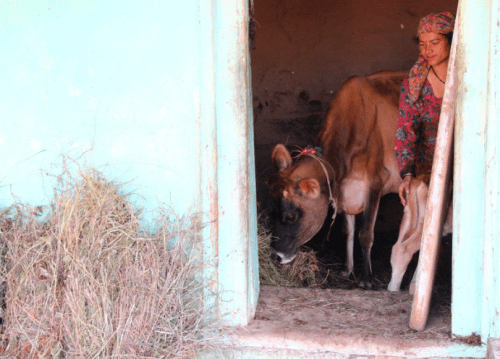
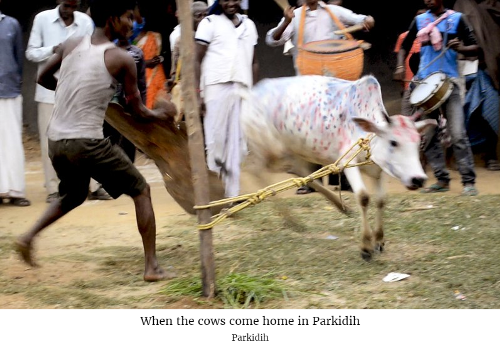
Author: Romi Mahajan
Photos: People’s Archive of Rural India (PARI)
To join us on Facebook Click Here and Subscribe to UdaipurTimes Broadcast channels on GoogleNews | Telegram | Signal


